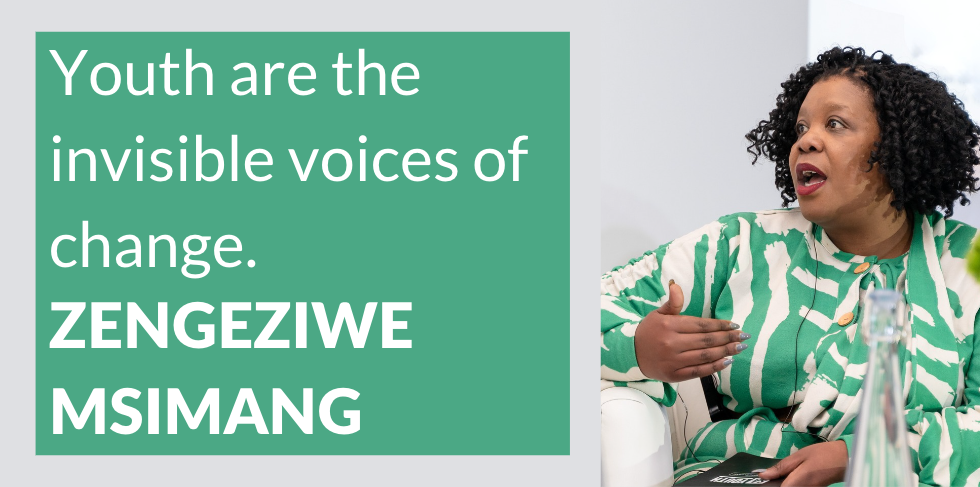
The Department of Trade, Industry and Competition (DITC) in partnership with the NEF has called upon black businesses to come forward to access funding geared at supporting the manufacture of various medical supplies and the production of food.
Funding between R500 000 – R10 million available.
QUALIFICATION CRITERIA
- Be a registered legal entity in South Africa in terms of the Companies Act, 2008 (as amended); the Close Corporations Act, 1984 or the Co-operatives Act, 2005.
- Be a taxpayer in good standing with a valid tax clearance certificate at assessment as well as before the loan is disbursed.
- Be a current and registered supplier with retailers and other institutions in good standing or have a purchase order/ contract/ letter of intent.
- Require working capital or funds to purchase machinery and equipment.
- The fund WILL NOT service any pre-existing debt or help settle monies owed.
- Have greater than fifty percent (>50%) Black shareholding and management control. Must be directly involved in the day-to-day running of the operation and must have requisite expertise in the sector. Owned by black South Africans as defined by the Broad-Based Black Economic Empowerment (B-BBEE) Act.
- In line with the NEF’s transformation mandate, preference will be given to applications that demonstrate meaningful black women ownership, management and control.
- Have a project with a minimum requirement of R500 000 in working capital, machinery and equipment.
- Must result in retaining or increasing direct jobs.
- Submission of all relevant documents for commercially viable applications
HOW DO I REGISTER / APPLY?
Apply Online
SUPPORTING DOCUMENTATION REQUIRED
- Declaration on BEE status and size of business.
- NEF application form (accessible on NEF website: www.nefcorp.co.za and below in resources).
- Summary of production in the last 3 months.
- Copy of the historical financial statements (up to 3 years if available).
- Signed copy of the contract, purchase order or letter of intent from the applicant’s client/s.
- Financial forecast for the duration of the contract, order, or letter of intent. The forecast should include income statement, cash flow statement and balance sheet for the duration of the funding.
- Additional information that would be necessary to enhance the application may be requested by the NEF as and when deemed necessary
WHERE CAN I
FIND SUPPORT?
Applicants may contact the NEF on covidfund@nefcorp.co.za and on 011 305-8080
SUPPORTING RESOURCES
FAQ
What are the fund's identified products?
- Diposable plastic gloves and face masks
- Pcr test kits for coronavirus
- Disinfectants and alcohol-based wipes
- Medical protective clothing and overshoes
- Hospital linen and clothing
- Protective goggles and protective hoods / face shields
- Plastic moulding and bottling / packing
- Hand sanitisers and soaps
- Detergents / cleaning products
- Disposable aprons and cups
- Dispensers (water, sanitisers and soap)
- Protective respirators
- Toilet paper
- Steel beds for hospitals and clinics
- Mattresses and / or sponge
- Sterile and unsterile
- Milk
- Fruits: oranges, naartjies, lemons (vit. C)
- Eggs
- Vegetables: yellow veggies, potatoes / sweet potatoes, cabbages, spinach, morogo, tomatoes, beetroot and corn
- Maize meal
- Flour
- Yeast
- Samp
- Beans
- Cooking oil
- Fish and canned food
- Margarine and bread spread
- Chicken
- Baby food
- Water
What are the fund's identified products?
- Diposable plastic gloves and face masks
- Pcr test kits for coronavirus
- Disinfectants and alcohol-based wipes
- Medical protective clothing and overshoes
- Hospital linen and clothing
- Protective goggles and protective hoods / face shields
- Plastic moulding and bottling / packing
- Hand sanitisers and soaps
- Detergents / cleaning products
- Disposable aprons and cups
- Dispensers (water, sanitisers and soap)
- Protective respirators
- Toilet paper
- Steel beds for hospitals and clinics
- Mattresses and / or sponge
- Sterile and unsterile
- Milk
- Fruits: oranges, naartjies, lemons (vit. C)
- Eggs
- Vegetables: yellow veggies, potatoes / sweet potatoes, cabbages, spinach, morogo, tomatoes, beetroot and corn
- Maize meal
- Flour
- Yeast
- Samp
- Beans
- Cooking oil
- Fish and canned food
- Margarine and bread spread
- Chicken
- Baby food
- Water

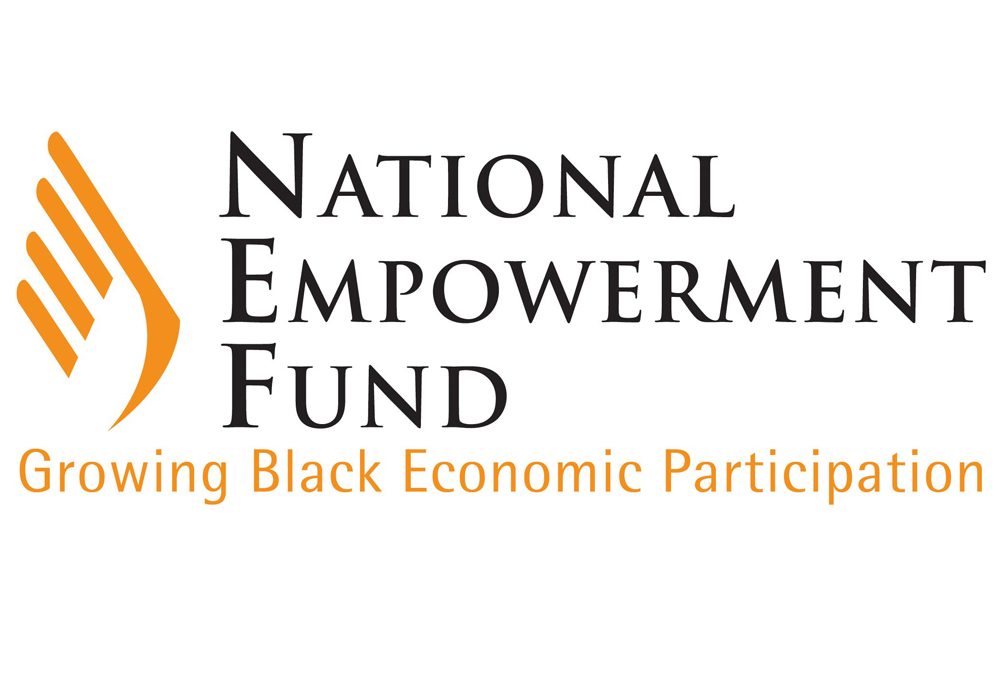
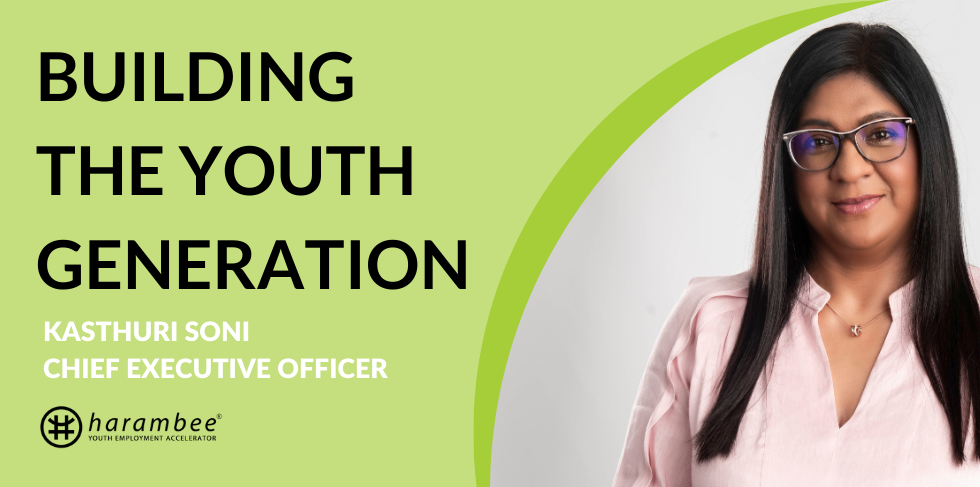
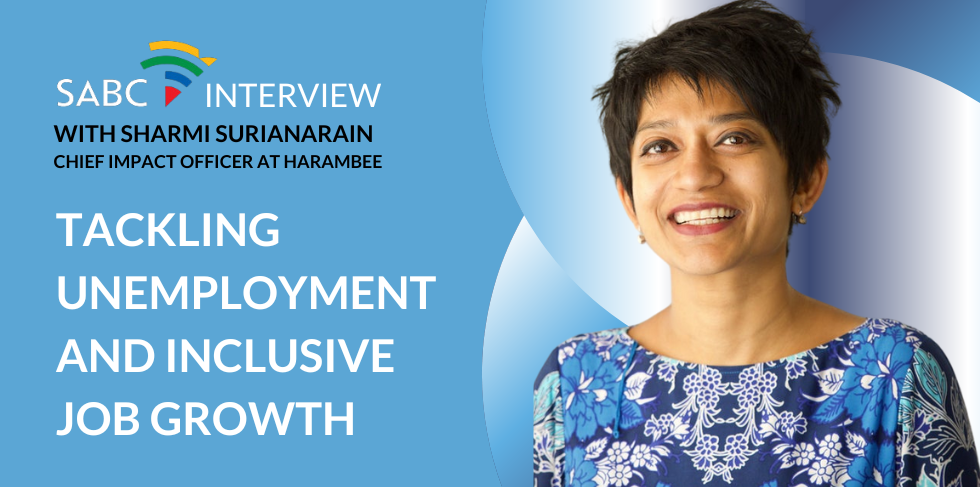
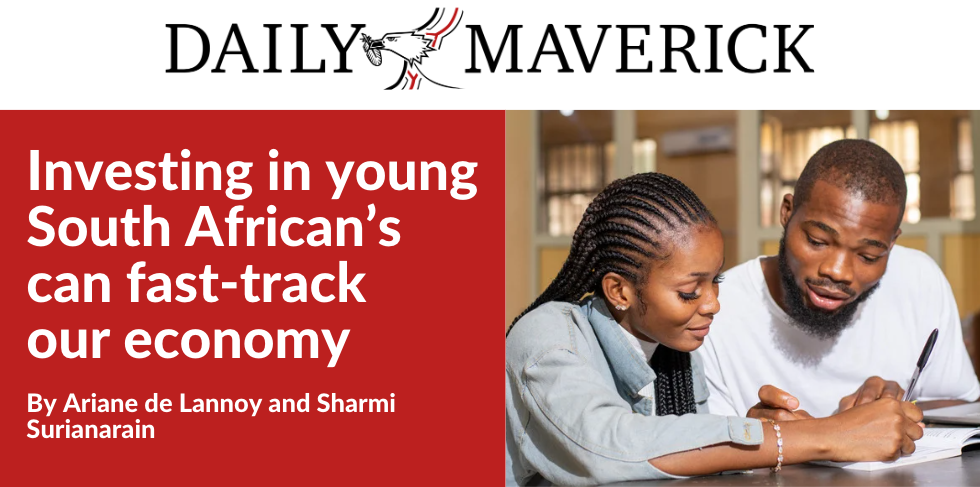
 Stay Connected
Stay Connected